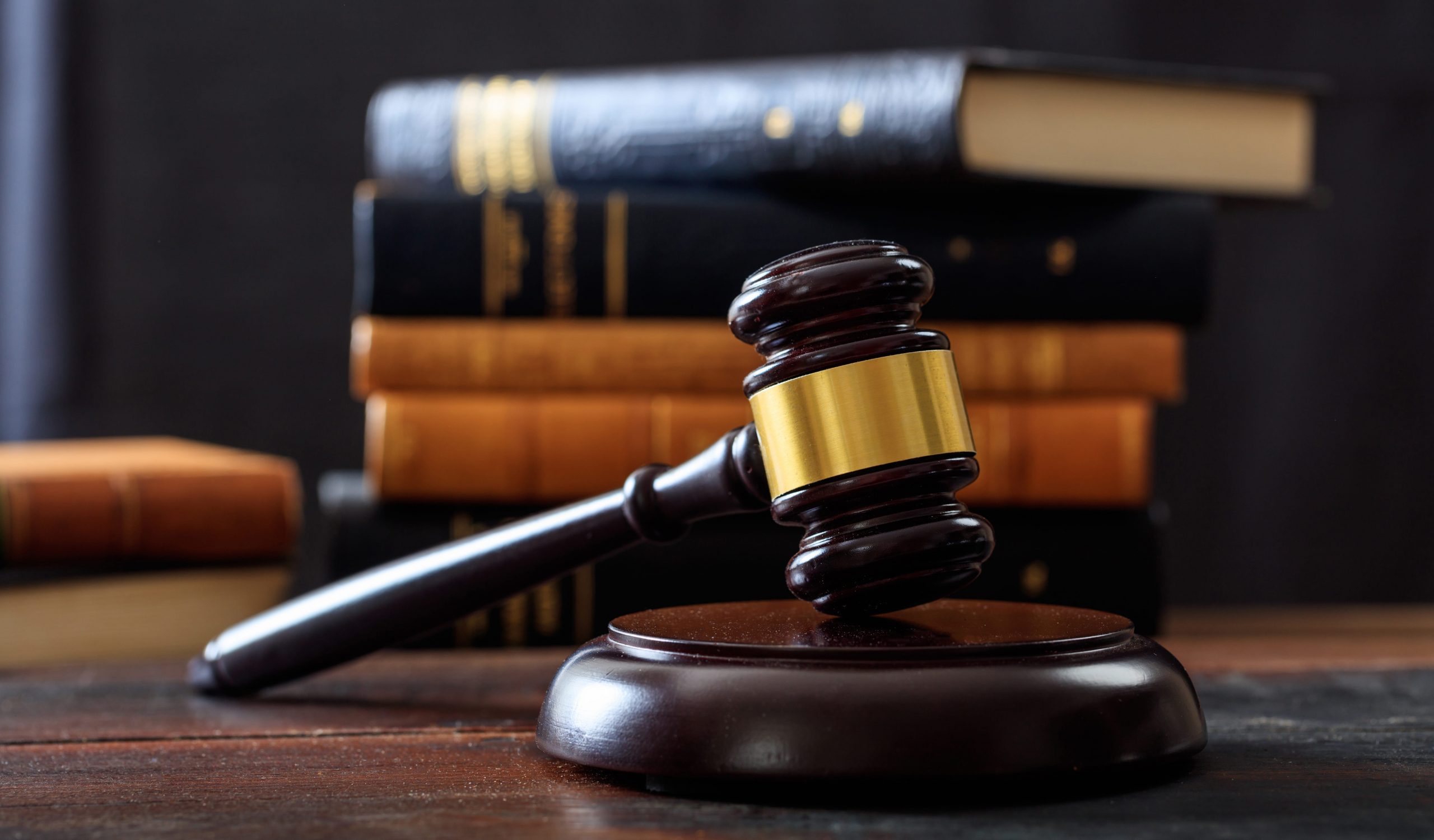I am studying in the third year of the State University of Economics and Technology.I specialize in contractual, economic and corporate law, in particular, I provide consultations and write articles.
Once a person acquires the status of a suspect in criminal proceedings, it becomes possible to apply special coercive measures to him, the list of which is clearly defined by law.
- In general, measures to ensure criminal proceedings are coercive measures applied exclusively by authorized persons against persons participating in the process.
- The main purpose of their use is to prevent the emergence of various obstacles that would interfere with the implementation of the main tasks of criminal proceedings.
- One of these measures is a temporary restriction in the use of a special right, applied if it is necessary to stop an offense, prevent the commission of other offenses, or make it impossible for the occurrence of obstacles to legal proceedings.
- The main features of this measure are that it applies to persons who have a special right and have the appropriate documents, the decision on application is made by the investigator, the judge, the procedure for considering the petition, rulings, seizures and subsequent storage of documents certifying the use of the special right is clearly determined procedurally. legislation.
Legal analysis of temporary restrictions on the use of special rights:
- First you need to determine for which persons this measure can be applied. According to Part 1 of Art. 148 Criminal procedure code, if it is necessary to restrict the use of special rights of a suspect, authorized persons have the right to temporarily confiscate the relevant documents, thereby limiting the suspect’s ability to use them.
- Based on this legislative provision, it can be argued that the subject in respect of whom the decision to apply the measure will be made is the suspect, and if the duration of the measure is extended, then the accused.
- Special rights, the use of which may be limited: the right to drive vehicles or ships, the right to hunt, the right to carry and own weapons, and the right to carry out business activities. In any case, exactly those documents certifying the right to use the above rights (certificates, permits, certificates, etc.) will be confiscated.
The legislator provides for the possibility of seizing documents when a person is detained. Such detention must be carried out by an official with appropriate authority.
- In some cases, detention is carried out without a corresponding determination by the investigating judge, but in any case, the official is obliged to inform the grounds for which the detention is carried out, explain to the detainee his right, including the right to have a defense lawyer.
- If the above documents were confiscated during the arrest, they must be properly transferred to an authorized person; the fact of transfer is recorded.
- Subsequently, the investigator, in agreement with the prosecutor or the prosecutor himself, draws up a petition to apply a temporary restriction on the use of the special right.
- If documents were temporarily confiscated during detention, the above-mentioned persons must file a petition within 2 days from the date of confiscation.
- It should be noted that if the two-day deadline is missed, the documents must be returned.
- The petition will be considered within three days after receipt by the court. An investigator or prosecutor, a suspect and a lawyer may be present during the examination.
- If the application is granted, the period for applying this measure will be no more than 2 months. At the same time, it should be noted that it is possible to extend the above-mentioned period of temporary limitation, implemented by filing an appropriate petition.
Storage of seized documents:
- If, during the arrest, an official seized documents certifying the use of a special right, after drawing up the appropriate protocol, the documents are stored by the investigator or prosecutor in a special safe.
- Such storage is carried out until a ruling on the application of a measure to ensure criminal proceedings is issued.
- If the petition was granted, then the seized documents must be sent for storage to the central executive body.
- If the investigator-judge, based on the results of consideration of the petition, refuses to satisfy it, then, accordingly, the seized documents are returned to their owner.
Consultation with a lawyer in criminal cases:
The importance of a lawyer in the pre-trial investigation stage is difficult to overestimate, since it is the criminal lawyer who will provide adequate legal protection for his client during procedural actions with his participation.
At the same time, the lawyer will provide: collecting evidence, building a high-quality defense strategy, and risks evaluation. Legal analysis of the situation at the stage of pre-trial investigation is an extremely important stage on which any criminal case is based. Thus, a timely involvement of a criminal lawyer will provide reliable protection and will help improve the situation of the saint.





























